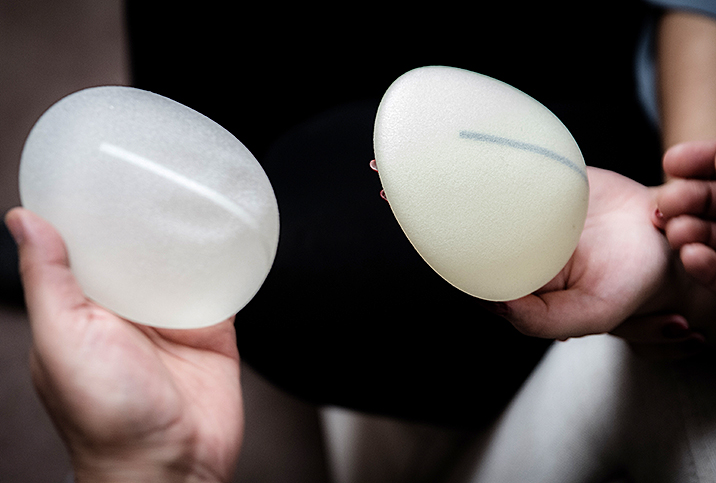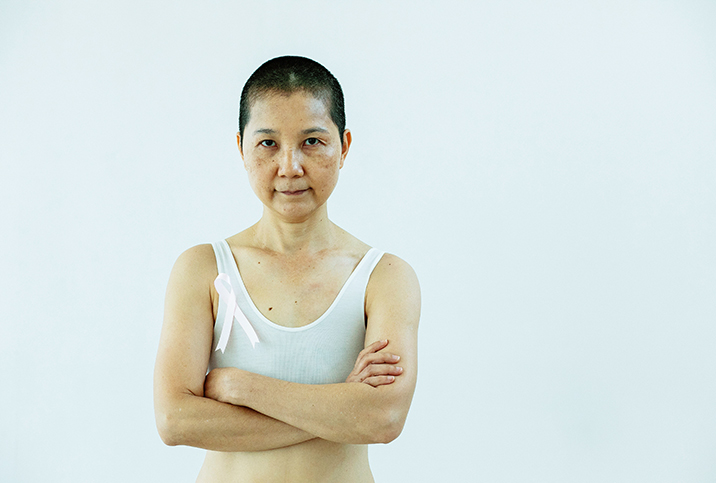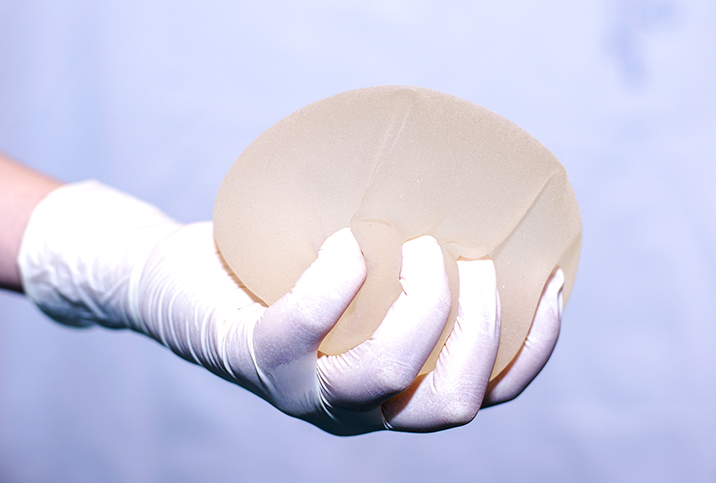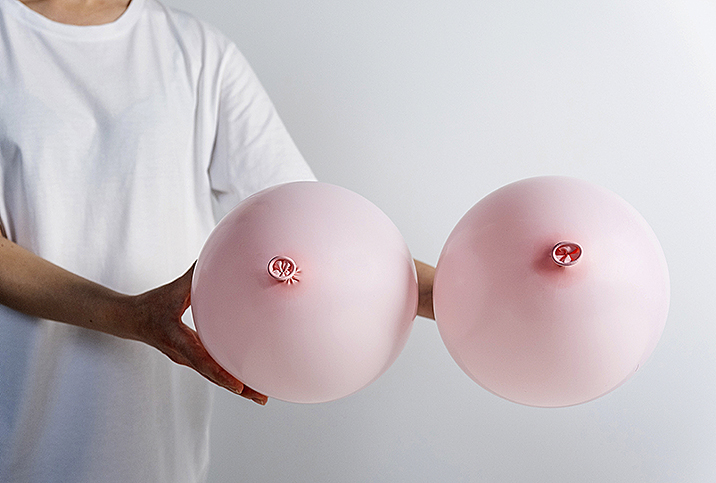Are Breast Implants Making People Sick?

When Christy Avila first heard about breast implant illness (BII), she was preparing to undergo a second reconstructive surgery for saline implants after having had a double mastectomy in 2013 due to stage III breast cancer.
"I was never quite satisfied with how the surgery turned out," Avila said in an interview. "It was about five years later that I was finally ready to do something about it."
But instead of undergoing another reconstructive surgery, Avila joined a Facebook Group called Breast Implant Illness and Healing by Nicole, which has a membership of almost 148,000 users at the time of this writing. It was in this group that the San Jose, California, resident became more knowledgeable about breast implant illness.
"Women were suffering from all kinds of ailments," Avila said. "After I explanted in April 2019, I discovered that one of my implants had grown mold in the capsule that surrounds the implant."
Avila developed a passion for educating women about the dangers of implants and eventually launched her own Facebook Group called Fierce, Flat, Forward, which advocates against breast implants in favor of going without reconstructive surgery after a mastectomy.
Avila's own symptoms included headaches, severe joint pain, lower back pain and dry eyes. "My complexion was gray and dull," she said. "I had eye twitches and my vision got worse. After the implants were removed, I went back to the optometrist and my eyesight had improved."
Avila is among the 60 percent of U.S. women who choose to have some kind of reconstruction after a mastectomy, according to The Journal of the American Medical Association. In the largest study of breast implant outcomes, the Annals of Surgery reported that of the almost 100,000 patients analyzed, those with implants were eight times more likely to develop an autoimmune disorder, six times more likely to contract rheumatoid arthritis and seven times more likely to develop joint pain, as well as sensitivity to cold, heartburn and tightening of the skin.
'I never would have known because when you're a breast cancer survivor, you just assume you're a sick person now.'
"I actually thought that my symptoms were not because of the implants," Avila said. "I just thought they were for other reasons, like my medicine or menopause, but I had learned so much about implants at that point that I just wanted them out."
BII and breast implant-associated anaplastic large cell lymphoma (BIA-ALCL), a form of cancer of the immune system, have both been recognized by the FDA, and Allergan's Natrelle Biocell textured breast implants and tissue expanders have been recalled.
"It is something that, in radiology, we look for a lot while doing imaging studies of the breast, including an MRI," said Hannah Milch, M.D., a radiologist and assistant clinical professor at the David Geffen School of Medicine at UCLA. "If we see fluid around the implant, we have to investigate. We have to sample the fluid to make sure there's no lymphoma."
"It is associated with certain types of implants," said Milch in an interview. "I'm sure now plastic surgeons tell all their patients about it before putting implants in because it's gotten a lot of attention since it first got recognized not that long ago."
According to Milch, the treatment for BIA-ALCL is the removal of the implants.
"The FDA has been diligently monitoring adverse events associated with breast implants for decades, and has been working to better understand the quality of life and satisfaction a breast reconstruction patient may experience in order to refine our evaluation of breast implant benefits and risks," said Binita Ashar, M.D., director of the Office of Surgical and Infection Control Devices in the Center for Devices and Radiological Health, in a statement online.
Jill Brown, 43, who suffered symptoms of BII after her reconstructive surgery, is among the women whose silicone textured implants were recalled. The symptoms she experienced included hormone disruption, rashes, constant sternum pain, unknown bruising, nausea, numbness in the limbs and feelings of fear, anxiety and depression.
"Thousands of women complained, but their complaints were ignored," Brown told me.
The Iowa resident was diagnosed with breast cancer in November 2017, and received the implants in April 2018, but when she woke up from the reconstructive surgery, she instantly didn't feel well. Eleven months later, she underwent explant surgery in response to the recall.
"I never would have known because when you're a breast cancer survivor, you just assume you're a sick person now. And when I brought it up to my doctors, they didn't think the implants were the problem, but my health issues completely reversed as soon as they were removed," said Brown.
The Aesthetic Society reported that explant surgeries have increased 34 percent between 2018 and 2019, with the increase from 2015 to 2019 even more pronounced at 80 percent.
'Thousands of women complained, but their complaints were ignored.'
Similar to Brown, Julie Ruby immediately felt uncomfortable after reconstructive surgery, which occurred three months after she opted for a double mastectomy with tissue expanders some five weeks following her breast cancer diagnosis.
"The implants were the bane of my existence," Ruby said in an interview. "I had very bad pain at the base of the breast. It caused a lot of nerve pain up my left arm. I just never felt right."
Although Ruby was never diagnosed with BII, she was told by medical professionals that her connective tissue was not healing properly. Almost a year later, she opted to have the implants removed.
"A tremendous amount of stress went away immediately," she said. "I felt clean and I was pain-free, but then the real mourning of losing my breasts started."


















